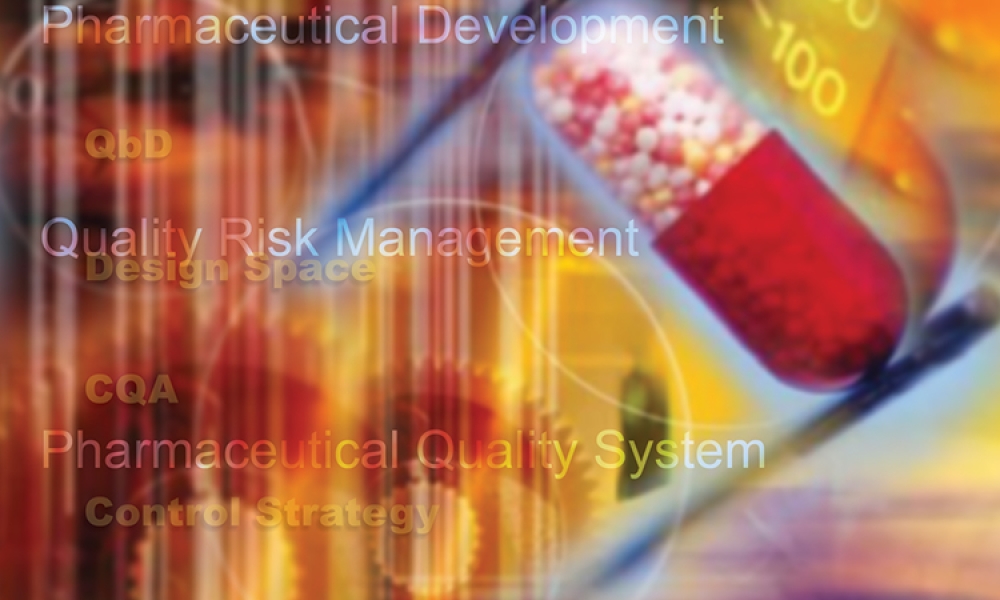What Is Data Integrity and ALCOA?
First, let's review the concept of data integrity within this context and explore its strong association with ALCOA.
Data Integrity: This term refers to the quality of data throughout the life sciences manufacturing lifecycle, emphasizing the accuracy, consistency, and reliability of data. Data integrity is governed by regulatory agencies, with specific requirements varying by jurisdiction — such as the US Food and Drug Administration (US FDA) and the European Medicines Agency (EMA) in the EU.
ALCOA: ALCOA is an acronym representing key principles that ensure data integrity:
- Attributable: Every action can be traced back to a specific individual
- Legible: Data is clear, readable, and understandable
- Contemporaneous: Data is recorded promptly and in real-time
- Original: Documents must be original or certified “true copies”
- Accurate: Data must reflect exactly what was observed and recorded
In recent years, ALCOA has evolved into ALCOA+, the new benchmark for data integrity, incorporating four additional criteria:
- Complete: Data must be documented fully, with nothing omitted
- Consistent: Documentation should be chronological and orderly
- Enduring: Records must be maintained for a duration specified by regulatory authorities
- Available: Documents must be accessible when needed for reference or audit purposes
This expanded framework strengthens the reliability and traceability of data, further aligning with the rigorous standards of highly regulated industries.
ALCOA++
In 2023, a new principle emerged in discussions surrounding ALCOA+: Traceable. While some aspects of traceability overlap with the existing "available" principle, traceable delves deeper into the concept. At its core, a traceable document is one that maintains a robust audit trail, providing a clear sequence of activities that may include:
- When was the document last reviewed?
- How and where is it stored?
- Has the document been revised?
- If the document has been revised, is the reason for change explained?
This emphasis on traceability ensures that documentation remains not only accessible but also meticulously tracked, enhancing transparency and compliance within highly regulated environments.
Why Traceability
Some benefits of traceability include:
- Compliance: Provides a clear and documented history of data
- Quality: Enables organizations to monitor and verify every step of the product process and can support the detection of deviations
- Accountability: Data is linked to personnel and time points, making it easier to identify areas of training or improvement
- Audit Readiness: Traceable documentation is easier to provide to auditors which empowers your audit teams with quick information to de-stress the audit process
- Risk Management: Traceability adds a layer of risk protection and allows all changes to be easily identified along with the explanation for the change
Why Data Integrity Is an Evolving Challenge
Ensuring data integrity in validation for life sciences companies has become more challenging in recent years due to several evolving factors:
1. Increased Data Complexity
- Volume of Data: With advancements in technology, the volume of data generated during manufacturing, clinical trials, and quality control processes has dramatically increased. Managing and ensuring the integrity of such vast data sets requires more sophisticated systems and controls.
- Diverse Data Sources: Modern pharma companies gather data from a wide array of sources, including laboratory equipment, digital platforms, and automated systems. Integrating, harmonizing, and maintaining the integrity of this diverse data pool adds complexity.
2. Adoption of Digital Technologies
- Digital Transformation: The shift from paper-based to electronic systems has created new risks, such as cybersecurity threats, unauthorized access, and the potential for data manipulation. Ensuring integrity in digital systems requires robust encryption, audit trails, and validation of the software systems themselves.
- Cloud Computing: Increasing reliance on cloud-based platforms to store and manage data introduces additional challenges around access control, regulatory compliance, and ensuring that third-party vendors maintain appropriate data integrity standards.
3. Regulatory Scrutiny
- Stricter Regulations: Regulatory agencies like the US FDA and EMA have introduced more stringent guidelines on data integrity, particularly in response to cases of non-compliance and data manipulation. These enhanced expectations require companies to implement more rigorous validation processes and comprehensive documentation practices.
- Global Compliance: As life sciences companies operate on a global scale, they must comply with multiple regulatory frameworks, each with specific data integrity requirements. Ensuring compliance across regions adds another layer of difficulty.
4. Automation and Artificial Intelligence
- Automated Systems: While automation reduces human error, it can introduce risks if not properly validated. Ensuring data integrity in automated systems requires careful oversight, ongoing monitoring, and validation of algorithms, software, and outputs.
- AI and Machine Learning: As AI and machine learning are increasingly applied to drug discovery and manufacturing processes, ensuring data integrity in these areas presents new challenges. Validating data that has been processed by complex algorithms, where the decision-making process is less transparent, can be difficult.
5. Supply Chain Complexity
- Global Supply Chains: With many life sciences companies operating globally, data often travels across multiple sites and jurisdictions, increasing the risk of data discrepancies and loss of traceability. Ensuring data integrity across a decentralized supply chain requires greater coordination and oversight.
- Third-Party Vendors: Managing data integrity across external vendors, such as contract research organizations (CROs) and contract manufacturing organizations (CMOs), adds complexity as companies must ensure that third parties adhere to the same high standards for data management.
6. Heightened Cybersecurity Risks
- Cybersecurity Threats: As companies increasingly rely on digital systems and cloud storage, cybersecurity threats, including data breaches and ransomware attacks, have become significant concerns. Protecting data from tampering or unauthorized access while maintaining integrity throughout the data lifecycle is more critical than ever.
These factors combine to make it more difficult to ensure data integrity in validation for life sciences companies today compared to the past. Companies must adopt a multifaceted approach, incorporating advanced technologies, stringent regulatory compliance, and continuous monitoring to maintain high data integrity standards in an increasingly complex environment.
To learn more about how to confidently implement modern data integrity guidelines into your organization, view the ISPE Webinar, ALCOA++: Leveling Up Data Integrity.
Learn More & Register
Disclaimer:
iSpeak Blog posts provide an opportunity for the dissemination of ideas and opinions on topics impacting the pharmaceutical industry. Ideas and opinions expressed in iSpeak Blog posts are those of the author(s) and publication thereof does not imply endorsement by ISPE.




